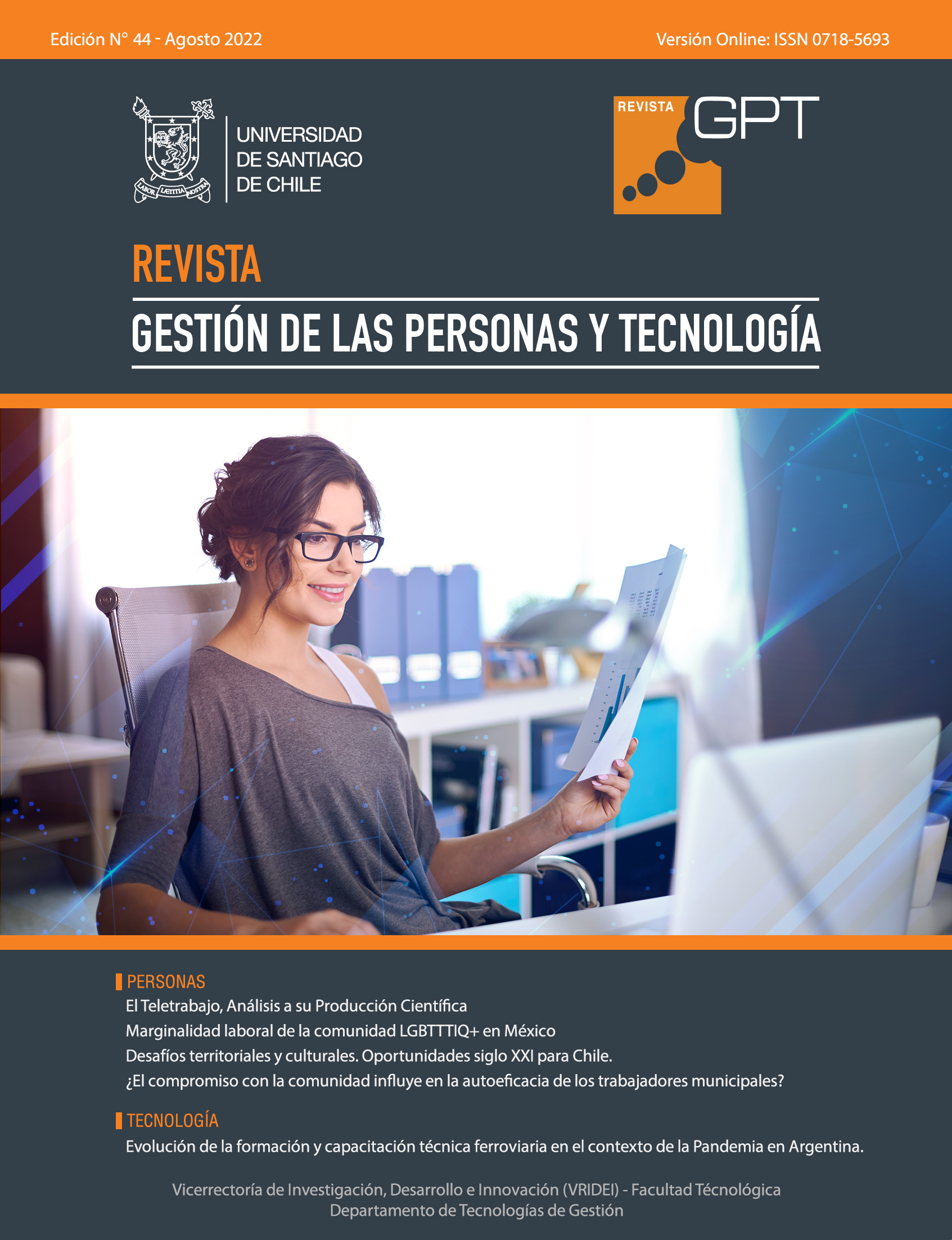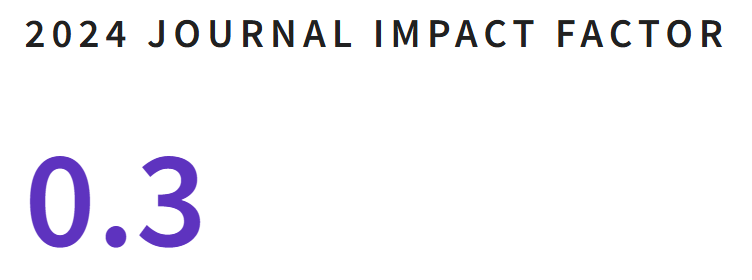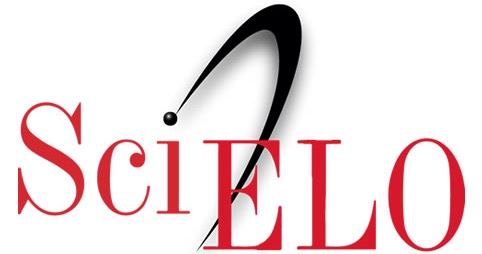Evolution of railway technical education and training in the context of the COVID-19 Pandemic. Experiences and prospects in Argentina 2020-2023.
DOI:
https://doi.org/10.35588/gpt.v15i44.5646Keywords:
training, virtuality, digitization, platforms, railwayAbstract
The work presents the evolution of training and technical training in an Argentine railway company, taking the period and perspectives for 2020-2023, in the context of the COVID-19 pandemic. It will be made up of the origins of the railway technical training area, describing the most relevant antecedents that gave rise to it’s emergence; then a brief description of the dictation of the training, commenting on the limited use of technologies until that moment.
We will continue when virtuality became everyday, presenting the reconversion process of the area and the lines, the deepening of the use and knowledge of the available technological resources, such as the self-taught learning process of the members of the area in digital resources. Below is a brief analysis of the results of the satisfaction surveys carried out in these activities, focusing on the evaluation of the workshop and the speaker of the activity. This will allow analyzing the relevance of recognizing new external information, assimilating it and applying it (Cohen and Levinthal, 1989), identifying that useful knowledge and generating new knowledge (Rivera, Robert and Yoguel, 2015) and it’s potential articulation of laying the foundations for the first guidelines of open innovation (Chesbrough, 2003).
Subsequently, we will address the learning process of apprehending the available virtual resources, contemplating and evaluating the positive and negative aspects of these, as an efficient use in terms of use. We will end it with some brief conclusions, briefly outlining the next actions to be carried out in the short and medium term.
Downloads
References
Chesbrough, H. (2003). Open innovation. The new Imperative for Creating and Profiting. Harvard Business School Press.
Cimoli, M. y Porcile, G. (2019). Tecnología, heterogeneidad y crecimiento: una caja de herramientas estructuralista. En Barletta, Florencia [et. al], Tópicos de la teoría evolucionista neoschumpeteriana de la innovación y el cambio tecnológico (vol. 2). Los Polvorines: Universidad de General Sarmiento.
Cohen, W. y Levinthal, D. (1989). Innovation and learning the two faces of R&D. The Economic Journal, 99(397), pp. 569-596.
Dosi, G. y Nelson, R. (2013). The evolution of technologies: an assesment of the state of the art. Eurasian Business Review, 3(1).
Hall, B. y Kahn, B. (2002). Adoption of New Technology. New Economy Handbook. Berkeley: University of California.
Langlois, R. N. y Robertson, P. L. (1995). Firms, markets, and Economic Change: a dynamic Theory of business institutions. Londres: Routledge.
Nelson, R. y Winter, S. (1982). An Evolutionary Theory of Economic Change. Cambridge: The Belknap Press of Harvard University Press.
Nonaka, I. y Takeuchi, H. (1995). La organización creadora de conocimiento. Cómo las compañías japonesas crean la dinámica de innovación (M. H. Kock, trans. 1 ed.). México: Oxford University Press.
Rivera, M. Robert, V. y Yoguel, G. (2015). América Latina, cambio tecnológico y complejidad de instituciones: los dilemas no resueltos del desarrollo económico. Problemas del Desarrollo. Revista Latinoamericana de Economía, 40(157).
Roitter, S., Erbes, A., Yoguel, G., Delfini, M. y Pujol, A. (2007). Conocimiento, organización del trabajo y empleo en agentes pertenecientes a las tramas productivas automotriz y siderúrgica. Documento de trabajo.
Rosenberg, N. (1972). Factors Affecting the Diffusion of Technology. Explorations in Economic History, vol. 10, n°1, pp. 3-33. Reimpreso en Rosenberg, N. (1976). Perspectives on Technology. pp. 189-212. Cambridge: Cambridge University Press.
Teece, D. y Augier, M. (2007). Competencies, Capabilities and the Neo-Schumpeterian Tradition. En Hanush, Horst y Pyka, Andreas (eds.), Elgar Companion to Neo-Schumpeterian Economics. Cheltenham: Edward Elgar.
Teece, D. y Pisano, G. (1994). The Dynamic Capabilities of Firms: an Introduction. Industrial and Corporate Change, 3(2), 537-556.










